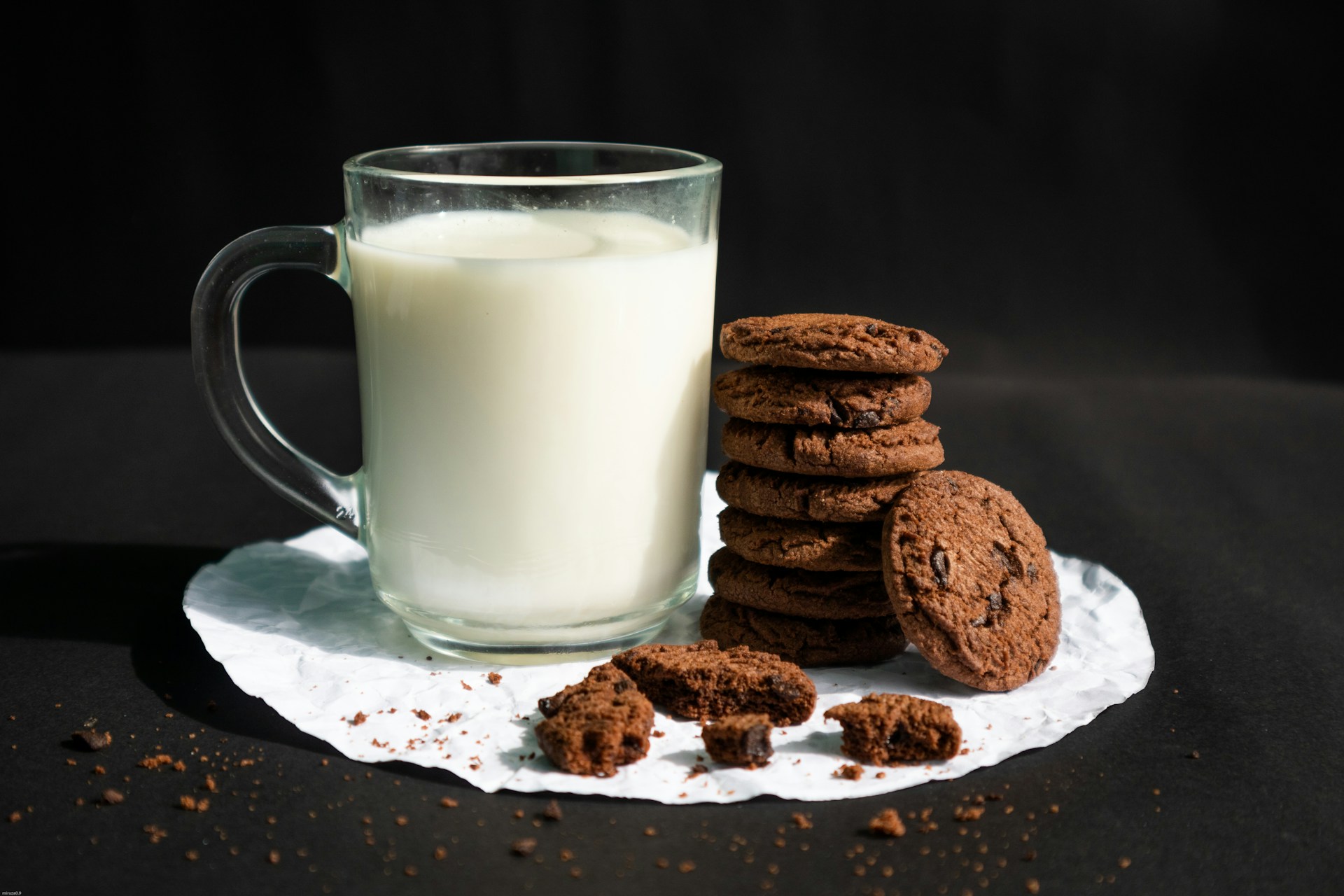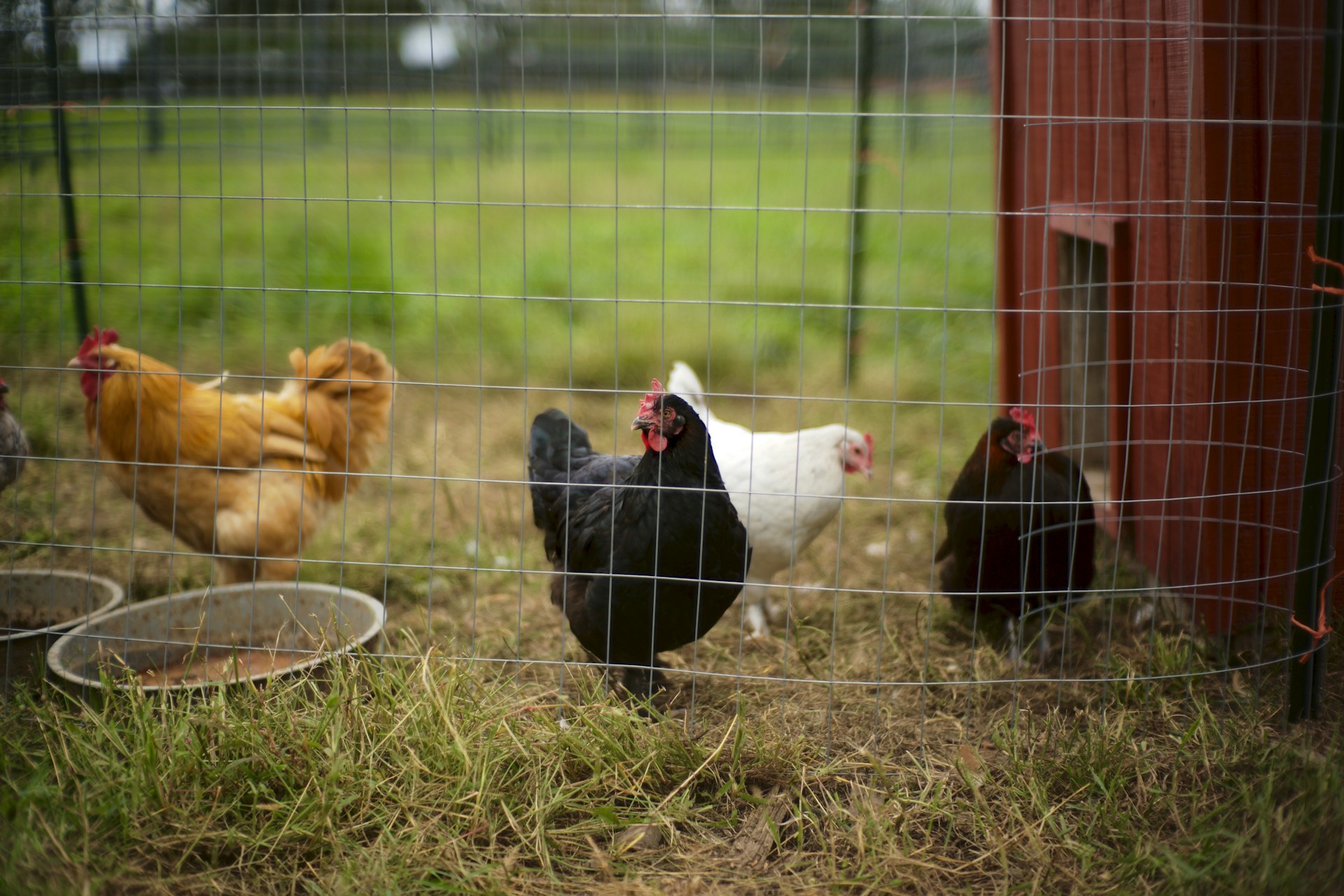Introduction
In recent years, the world has witnessed a remarkable shift in dietary choices. As more individuals embrace conscious eating, the demand for vegan dairy products has surged. These alternatives not only cater to vegans but also resonate with health-conscious consumers, environmental advocates, and those seeking ethical food options.
The Rise of Vegan Dairy
The journey toward plant-based dairy began centuries ago, but it has gained unprecedented momentum in the 21st century. Climate change awareness, animal welfare concerns, and advancements in food technology have fueled this transition. As we delve into the world of vegan dairy, let’s explore why these alternatives matter and how they’ve evolved.
Historical Context
Ancient Beginnings
The roots of plant-based dairy stretch far back in time. Millennia ago, people across different cultures embraced alternatives to traditional animal milk. Here are some fascinating glimpses into the past:
- Soy Milk in Ancient China
- Soy milk has a rich history in China, where it has been consumed for thousands of years. Ancient Chinese civilizations soaked soybeans and ground them with water to create a liquid resembling dairy milk. Li Yu-Ying, a Chinese biologist and engineer, even patented the world’s first soy milk in 1910.
- Almond Milk in Medieval Europe
- In medieval northern Europe, almond milk was a staple. Almonds were ground and mixed with water to produce a creamy, nutty beverage. It found its way into various recipes, from porridge to desserts.
- Coconut Milk in Tropical Climates
- Tropical regions embraced coconut milk, extracted from the grated flesh of coconuts. This versatile milk added richness to curries, beverages, and sweets. Its natural sweetness and distinct flavor made it a favorite.
- Soy Milk Factories in the 1920s
- By the 1920s, soy milk factories sprouted in the USA and China. The production of soy milk increased dramatically, reflecting its popularity as a nutritious and plant-based alternative.
Cultural Significance
These plant-based dairy options weren’t just about sustenance; they carried cultural significance. From ancient rituals to culinary traditions, people celebrated the diversity of non-dairy milk. Today, as we explore modern vegan dairy, we honor this rich heritage.
Why Choose Vegan Dairy?
- Lactose-Free: One significant advantage of vegan milk is that it’s lactose-free, making it an excellent option for those with lactose intolerance or difficulty digesting dairy products.
- Allergy-Friendly: Many people suffer from allergies related to cow’s milk proteins like casein and whey. Vegan milk provides an alternative that avoids these allergens.
- Nutrient-Dense: Different types of vegan milk (such as almond, soybean, or oat milk) offer various essential nutrients. For example:
- Almond milk: Rich in vitamin E and healthy fats.
- Soy milk: Contains high-quality protein comparable to animal sources.
- Oat milk: Naturally sweet and creamy, resembling whole-fat cow’s milk.
These benefits make vegan dairy a compelling choice for health-conscious individuals and those seeking ethical alternatives!
How Vegan Dairy Is Made
Vegan dairy products are crafted using various plant-based ingredients. Let’s explore how some of these alternatives are made:
- Vegan Milk:
- Plant milk (also known as “plant-based milk”) is essentially made by blending a grain, legume, or nut with water and then straining out the solids. Common examples include almond milk, soy milk, coconut milk, and oat milk.
- Vegan Cheese:
- Vegan cheeses are 100% animal-free and made using vegetable proteins.
- Ingredients include:
- Soy: Often used as a base.
- Nuts (such as cashews and macadamias): Provide creaminess and flavor.
- Vegetable oils (like coconut oil): Contribute to texture and consistency.
- Some vegan cheeses derive from agar, tapioca, peas, and arrowroot.
- Lab-Made Vegan Dairy:
- Innovations in microbial fermentation have led to lab-made vegan dairy products.
- These products, such as lab-grown milk, contain no cholesterol, lactose, hormones, or antibiotics. They’re fashioned in a lab instead of from animal sources.
Common Plant-Based Milk Bases
- Legumes:
- Soy milk: High in protein and often fortified with nutrients.
- Pea protein milk: A newer option gaining popularity.
- Nuts:
- Almond milk: Mild flavor, widely available.
- Cashew milk: Creamy and versatile.
- Coconut milk: Rich and tropical.
- Seeds:
- Hemp milk: Nutty and packed with omega-3 fatty acids.
- Sesame milk: Less common but nutritious.
- Flaxseed milk: Good source of fiber.
- Grains:
- Rice milk: Light and easy to digest.
- Oat milk: Creamy, great for coffee and baking.
- Quinoa milk: Lesser-known but protein-rich.
- Fruit:
- Banana milk: Blend ripe bananas with water for a sweet, natural option.
Remember to check labels for added ingredients and choose the healthiest option for your needs!
Widely Available Vegan Milk Brands
- Alpro
- Almond Breeze
- Better Than Milk
- Califia Farms
- Good Karma
- Hope & Sesame
- Minor Figures
- NotCo
- Oatly
- Malibu Mylk
- Mooala
- Pacific Foods
- Ripple
- WestSoy
Many grocery stores also carry their store-label plant milk, so be sure to explore those options too!
Remember, each brand offers unique flavors and textures, so feel free to try different ones to find your favorites!
Continue reading at!









One response to “Vegan Dairy Products: From Milk to Cheese and Beyond ”
[…] since dairy farming can be seen as both bad for the environment and animal welfare, presenting vegan products as alternatives will help offset these effects. The welfare issues around dairy farming are even […]